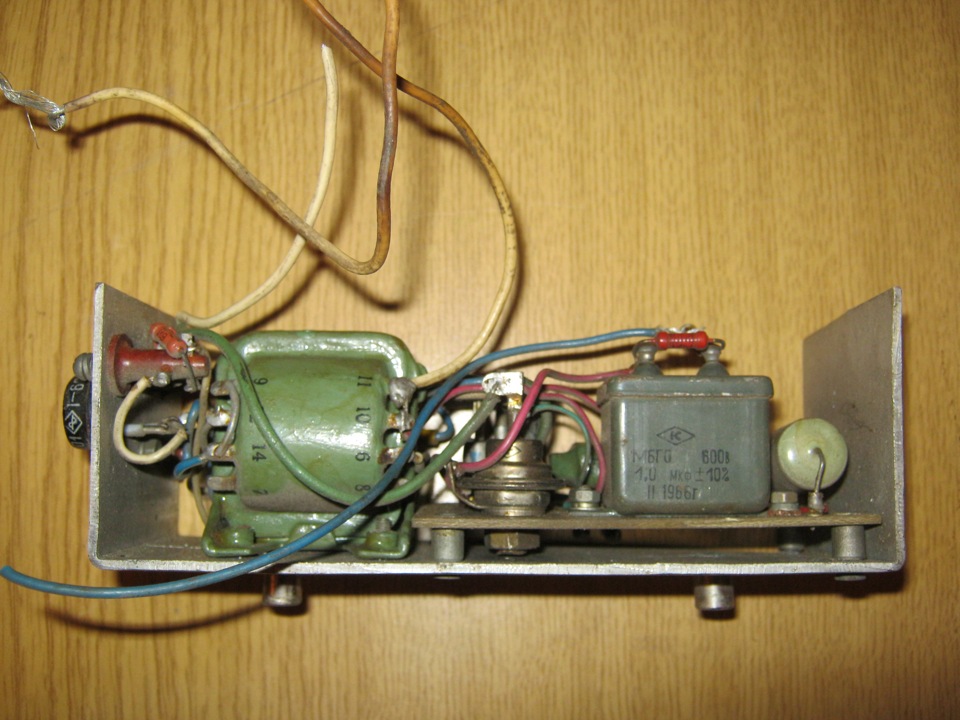Life After Death Biggie Smalls Zippyshare

Biggie smalls life after death album cd1 zip sharebeast mediafire 5000 results found, page 1 from 500 for ' biggie smalls life after death album cd1 zip sharebeast ' Life After Death [Disc 1] (45.91 MB).
The 9 March marks the 21st anniversary of the death of Christopher Wallace, also known as The Notorious B.I.G., or Biggie Smalls, the standard bearer for Sean 'Diddy' Combs's New York-based Bad Boy label. That spring day in 1997 should have been one of celebration for Combs and Wallace, since it would see the release of his exceptional double-album, Life After Death. It was widely remarked at the time that the record – released posthumously – was eerily titled, presaging, as it did, the unsolved shooting of Biggie in plain sight in Los Angeles.
At the same time, fatalistic themes run throughout the rapper's back catalogue too, particularly a macabre sense of the finitude of a life lived in the streets of Brooklyn's Clinton Hill and of the hedonistic or anesthetizing pleasures one might enjoy in the meantime. All of this finds resonance in the USA Network's Unsolved: The Murders of Tupac and the Notorious B.I.G., which began airing in the US last week. Christopher 'Biggie' Wallace played by Wavyy Jonez in Unsolved: The Murders of Tupac and the Notorious B.I.G., 2018–ongoing. Courtesy: USA Network / NBC Universal A carefully-made procedural drama, the show is typical of our current era of 'prestige' (high-quality, important, serious) television and seeks to tell the story of the killings of Biggie Smalls and his chief musical rival Tupac Shakur, who was fatally shot the year before, in September of 1996, in Las Vegas. In the mid-'90s, conspiracy theories abounded as to the connection between the two deaths, though many put the murders down to a gang-related spill-over from the 'East Coast v. West Coast' rivalry that dominated rap music at the time.
The murders remain unsolved, and in the pop historicizing tradition of Oliver Stone, the show attempts to add rich detail to a high-profile case two decades earlier, while also undertaking – or at least performing – suggestive forensic work of its own. Tupac Shakur played by Marcc Rose in in Unsolved: The Murders of Tupac and the Notorious B.I.G., 2018–ongoing. Courtesy: USA Network / NBC Universal Unsolved is the work of Kyle Long, a director and producer on the 2016 installment of the anthology American Crime Story: The People vs.
Both of Long's projects revisit mass media events that were formative for a generation now in their thirties seemingly ready to dedicate, or binge on, ten plus hours considering the details – interpersonal and arcane – that were obscured by the headlines. For those not yet alive to see the 'trial of the century', it is difficult to overstate public fascination with it for most of 1995. Simpson's indictment in the murder of his ex-wife Nicole Brown Simpson and her friend Ronald Goldman – and his ultimate acquittal – defined a great deal of popular culture for the rest of the decade.
For instance, common white SUV trucks like the one O.J. Drove as he fled the police on Interstate 5, or black Isotoner gloves like those shown during a pivotal courthouse scene suddenly took on fresh associations.

Moreover, characters from the trial became fodder for other genres – Judge Lance Ito lives on in the world of memes, while the Jackie Chiles character on Seinfeld parodied the Simpson defence attorney. But as The People vs. Keygen generator. Simpson demonstrated, the trial and its aftermath were a synecdoche for deeper, often unspoken dynamics of race, gender and class, and the entire affair was a perfect site of collective projection (literalized in the televised viewing parties, from Oprah to Times Square, which occurred the day the verdict was handed down and were to birth the genre of the 'reaction video'). In this sense, Unsolved is an important counterpoint to its predecessor, lingering as it does on an inverse kind of story: if O.J. Simpson's case was hyper-litigated, the murders of Tupac Shakur and Biggie Smalls – at the time some of the most commercially successful artists in the world – remain unsolved and, aside from a belated civil trial, were scarcely litigated at all.
 Write something about yourself. No need to be fancy, just an overview. No Archives Categories.
Write something about yourself. No need to be fancy, just an overview. No Archives Categories.